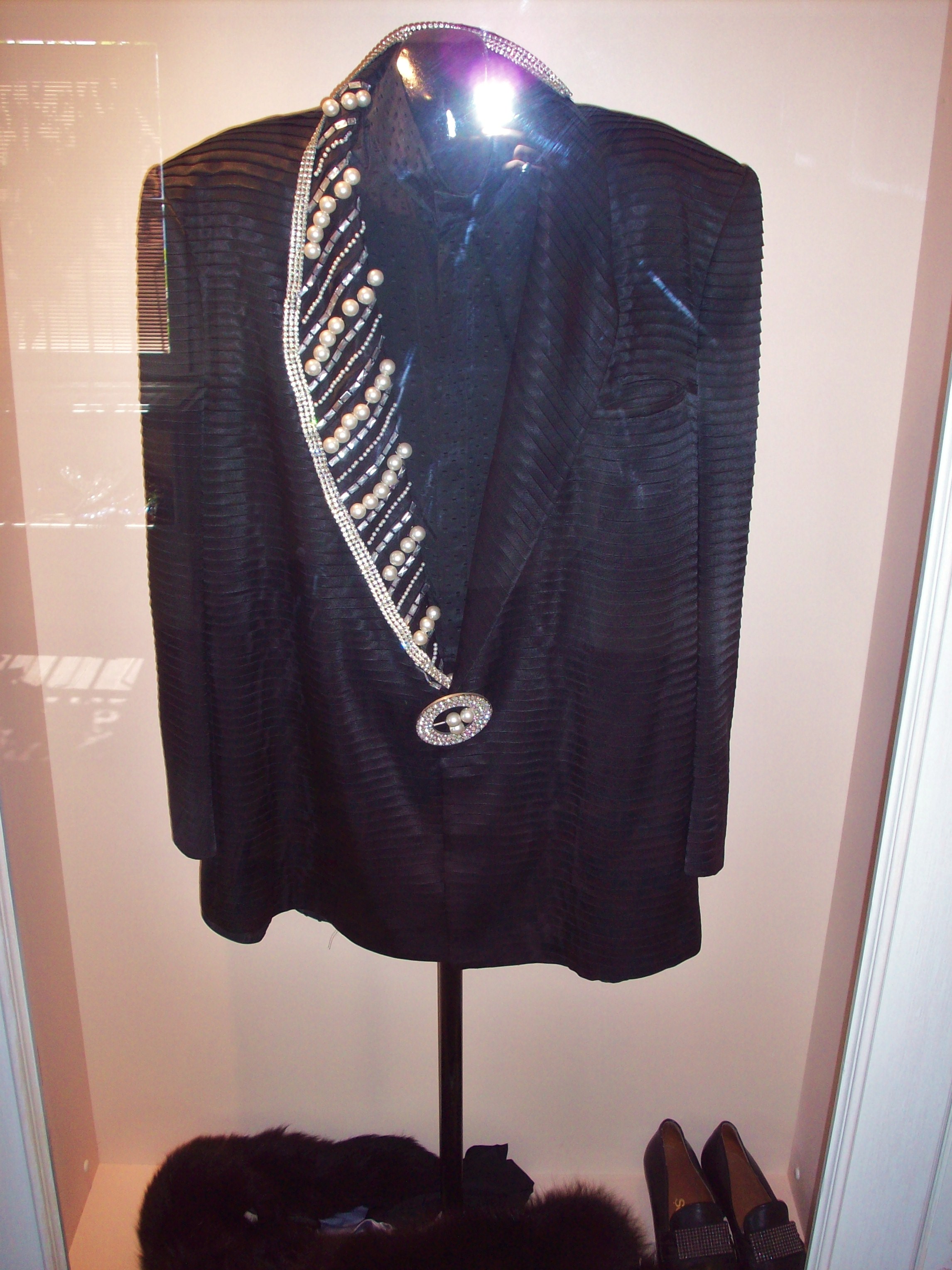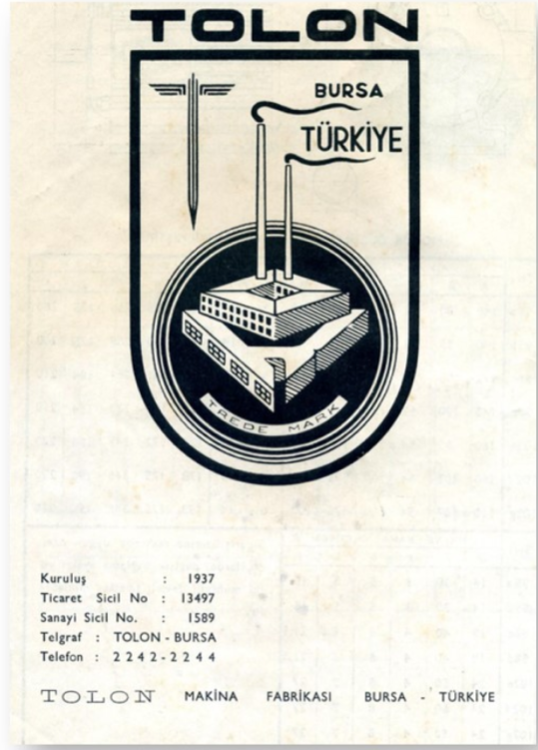|
Amir Sultan Cemetery
Amir Sultan Cemetery is a historical cemetery located in Yıldırım district of Bursa. The cemetery is named after the Islamic philosopher Amir Sultan. History In the 14th century, after the Amir Sultan Mosque was built in the region during the Ottoman period and Amir Sultan's funeral was buried in the region, the people of Bursa wanted to bury the deceased people here. Upon this request, the area next to the mosque was turned into a cemetery. With the construction of the mosque and the cemetery, the population in the region increased and Emirsultan district was established. Most of Bursa's famous people were buried in this cemetery. Notable burials * Ali Osman Sönmez * Kamil Tolon * Mehmed Baha Pars * Mümin Gençoğlu (1932–1993) * Reşat Oyal * Zeki Müren Zeki Müren (; 6 December 1931 – 24 September 1996) was a Turkish singer, composer, songwriter, actor and poet. Known by the nicknames "The Sun of Art" and "Pasha", he was one of the prominent figures ... [...More Info...] [...Related Items...] OR: [Wikipedia] [Google] [Baidu] |
Turkey
Turkey ( tr, Türkiye ), officially the Republic of Türkiye ( tr, Türkiye Cumhuriyeti, links=no ), is a list of transcontinental countries, transcontinental country located mainly on the Anatolia, Anatolian Peninsula in Western Asia, with a East Thrace, small portion on the Balkans, Balkan Peninsula in Southeast Europe. It shares borders with the Black Sea to the north; Georgia (country), Georgia to the northeast; Armenia, Azerbaijan, and Iran to the east; Iraq to the southeast; Syria and the Mediterranean Sea to the south; the Aegean Sea to the west; and Greece and Bulgaria to the northwest. Cyprus is located off the south coast. Turkish people, Turks form the vast majority of the nation's population and Kurds are the largest minority. Ankara is Turkey's capital, while Istanbul is its list of largest cities and towns in Turkey, largest city and financial centre. One of the world's earliest permanently Settler, settled regions, present-day Turkey was home to important Neol ... [...More Info...] [...Related Items...] OR: [Wikipedia] [Google] [Baidu] |
Zeki Müren
Zeki Müren (; 6 December 1931 – 24 September 1996) was a Turkish singer, composer, songwriter, actor and poet. Known by the nicknames "The Sun of Art" and "Pasha", he was one of the prominent figures of the Ottoman classical music, Turkish classical music. Due to his contributions to the art industry, he was named a "State Artist (Turkey), State Artist" in 1991. He was the first singer to receive a gold certification in Turkey and throughout his career recorded and released hundreds of songs on cassettes and phonograph records. Life Childhood and education Müren was born in the Hisar district of Bursa, at the wooden house number 30 on Ortapazar Road as the only child of Kaya and Hayriye Müren. His father was a timber merchant. He was a small and impatient boy. At the age of 11 he was Circumcision, circumcised in Bursa.''"Batmayan Güneş Zeki Müren" documentary. Publisher: Kürşat Özkök. Turkish Radio and Television Corporation, TRT. Release date: 10–12 September 19 ... [...More Info...] [...Related Items...] OR: [Wikipedia] [Google] [Baidu] |
Reşat Oyal
Reşat is a Turkish given name for males. People named Reşat include: * Reşat Çağlar, Cypriot diplomat * Reşat Nuri Güntekin Reşat Nuri Güntekin () (25 November 1889 – 7 December 1956) was a Turkish novelist, storywriter, and playwright. His best known novel, '' Çalıkuşu'' ("The Wren", 1922) is about the destiny of a young Turkish female teacher in Anatolia. Th ..., Turkish novelist * Reşat Ekrem Koçu, Turkish historian * Reşat Mursaloğlu, Turkish politician {{DEFAULTSORT:Resat Turkish masculine given names de:Reşat ... [...More Info...] [...Related Items...] OR: [Wikipedia] [Google] [Baidu] |
Mehmed Baha Pars
Mehmed (modern Turkish: Mehmet) is the most common Bosnian and Turkish form of the Arabic name Muhammad ( ar, محمد) (''Muhammed'' and ''Muhammet'' are also used, though considerably less) and gains its significance from being the name of Muhammad, the prophet of Islam. Originally the intermediary vowels in the Arabic ''Muhammad'' were completed with an ''e'' in adaptation to Turkish phonotactics, which spelled Mehemed and the name lost the central ''e'' over time Final devoicing of ''d'' to ''t'' is a regular process in Turkish. The prophet himself is referred to in Turkish using the archaic version, ''Muhammed''. The name Mehmet also often appears in derived compound names. The name is also prevalent in former Ottoman territories, particularly among Balkan Muslims in Albania, Bosnia and Kosovo. The name is also commonly used in Turkish culture in the form of Mehmetçik, meaning ''little Mehmet'', for unranked soldiers. Given name Mehmed * Mehmed I (1382–1421), Ottoma ... [...More Info...] [...Related Items...] OR: [Wikipedia] [Google] [Baidu] |
Kamil Tolon
Kamil Özdemir Tolon, known as Kamil Tolon (29 February 1912 – 23 July 1978), was a Turkish businessperson, industrialist and inventor, known for making the first electric engine of Turkey. Tolon was born in 1912 in Istanbul. He had his secondary and university education in Ankara. He wanted to become an engineer, but went to the Ankara University Faculty of Law instead due to the lack of engineering schools, from which he graduated in 1935. Tolon started working as a PTT inspector after university, but left the job not long after. After moving to Bursa, he founded Tolon Makina in 1937, where he started to produce several machines. In 1944, he was drafted into the army, where he continued working on new inventions to be used for the army. After returning from the army, Tolon started producing combine harvesters, water pumps, washing machines and dish washers. While initially using imported engines, he was later forced to build his own engine by Adnan Menderes and made the firs ... [...More Info...] [...Related Items...] OR: [Wikipedia] [Google] [Baidu] |
Ali Osman Sönmez
Ali Osman Sönmez (1926 in Momchilgrad – 12 October 2001), is a Turkish politician and businessperson. Life and career Ali Osman Sönmez, who was born in the town of Momchilgrad in Bulgaria in 1926, stayed in Greece for 7 years after completing his primary and secondary education. Sönmez, who came to Turkey in 1948, settled in İnegöl district. Sönmez, who worked as a civil servant for a while in the Tekel administration, later left his job at his own will and started his business life. Ali Osman Sönmez was the President of the Bursa Chamber of Commerce and Industry, the Chairman of the Union of Chambers Council, the Chairman of the Sönmez Holding Board of Directors and the 20th Term Bursa Deputy Deputy or depute may refer to: * Steward (office) * Khalifa, an Arabic title that can signify "deputy" * Deputy (legislator), a legislator in many countries and regions, including: ** A member of a Chamber of Deputies, for example in Italy, Spai .... Sönmez, who died on F ... [...More Info...] [...Related Items...] OR: [Wikipedia] [Google] [Baidu] |
Funeral
A funeral is a ceremony connected with the final disposition of a corpse, such as a burial or cremation, with the attendant observances. Funerary customs comprise the complex of beliefs and practices used by a culture to remember and respect the dead, from interment, to various monuments, prayers, and rituals undertaken in their honor. Customs vary between cultures and religious groups. Funerals have both normative and legal components. Common secular motivations for funerals include mourning the deceased, celebrating their life, and offering support and sympathy to the bereaved; additionally, funerals may have religious aspects that are intended to help the soul of the deceased reach the afterlife, resurrection or reincarnation. The funeral usually includes a ritual through which the corpse receives a final disposition. Depending on culture and religion, these can involve either the destruction of the body (for example, by cremation or sky burial) or its preservation (for examp ... [...More Info...] [...Related Items...] OR: [Wikipedia] [Google] [Baidu] |
Bursa
( grc-gre, Προῦσα, Proûsa, Latin: Prusa, ota, بورسه, Arabic:بورصة) is a city in northwestern Turkey and the administrative center of Bursa Province. The fourth-most populous city in Turkey and second-most populous in the Marmara Region, Bursa is one of the industrial centers of the country. Most of Turkey's automotive production takes place in Bursa. As of 2019, the Metropolitan Province was home to 3,056,120 inhabitants, 2,161,990 of whom lived in the 3 city urban districts (Osmangazi, Yildirim and Nilufer) plus Gursu and Kestel, largely conurbated. Bursa was the first major and second overall capital of the Ottoman State between 1335 and 1363. The city was referred to as (, meaning "God's Gift" in Ottoman Turkish, a name of Persian origin) during the Ottoman period, while a more recent nickname is ("") in reference to the parks and gardens located across its urban fabric, as well as to the vast and richly varied forests of the surrounding region ... [...More Info...] [...Related Items...] OR: [Wikipedia] [Google] [Baidu] |
Ottoman Empire
The Ottoman Empire, * ; is an archaic version. The definite article forms and were synonymous * and el, Оθωμανική Αυτοκρατορία, Othōmanikē Avtokratoria, label=none * info page on book at Martin Luther University) // CITED: p. 36 (PDF p. 38/338) also known as the Turkish Empire, was an empire that controlled much of Southeast Europe, Western Asia, and Northern Africa between the 14th and early 20th centuries. It was founded at the end of the 13th century in northwestern Anatolia in the town of Söğüt (modern-day Bilecik Province) by the Turkoman tribal leader Osman I. After 1354, the Ottomans crossed into Europe and, with the conquest of the Balkans, the Ottoman beylik was transformed into a transcontinental empire. The Ottomans ended the Byzantine Empire with the conquest of Constantinople in 1453 by Mehmed the Conqueror. Under the reign of Suleiman the Magnificent, the Ottoman Empire marked the peak of its power and prosperity, as well a ... [...More Info...] [...Related Items...] OR: [Wikipedia] [Google] [Baidu] |
Amir Sultan Mosque
The Emir Sultan Mosque ( tr, Emir Sultan Camii) is in Bursa, Turkey. First built in the 15th century, it was rebuilt in 1804 for the Ottoman sultan Selim III, and rebuilt again in 1868, the plan of the mosque changing slightly with each rebuild. History Emir Sultan, also known as Şemseddin Mehmed Ali el-Hüseyin el Buhari (Mehmed Şemseddin), was a dervish and scholar from Bukhara and also the advisor and son-in-law of the Ottoman sultan Bayezid I. The religious complex around his tomb was first established by Sultan Mehmed I in the early 15th century. It was further developed during the reign of Murad II (between 1421 and 1451), when Hundi Fatma Hatun, daughter of Bayezid I, built the complex's first mosque. The present-day mosque is situated in the quarter of Bursa also called Emirsultan. It was built after the original 15th-century building collapsed in the 1766 earthquake. When it was rebuilt by Selim III, the previous mosque's foundations and some of its materials wer ... [...More Info...] [...Related Items...] OR: [Wikipedia] [Google] [Baidu] |



